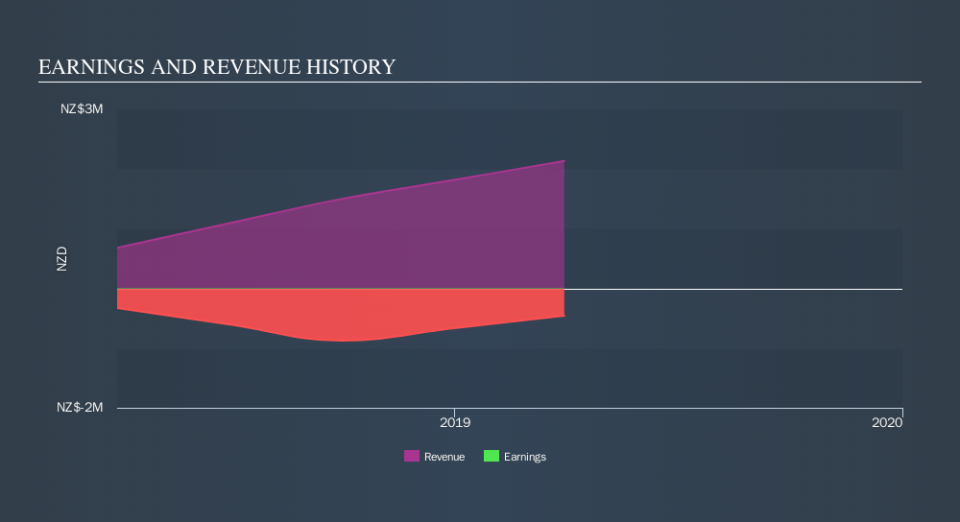Is This A Catalyst To Buy General Capital Limited (NZSE:GEN)?

As the NZ$13m market cap General Capital Limited (NZSE:GEN) released another year of negative earnings, investors may be on edge waiting for breakeven. A crucial question to bear in mind when you’re an investor of an unprofitable business, is whether the company will have to raise more capital in the near future. Cash is crucial to run a business, and if a company burns through its reserves fast, it will need to raise further funds. This may not always be on good terms, which could hurt current shareholders if the new deal lowers the value of their shares. Looking at General Capital’s latest financial data, I will estimate when the company may run out of cash and need to raise more money.
View our latest analysis for General Capital
What is cash burn?
With a negative free cash flow of -NZ$9.1m, General Capital is chipping away at its NZ$3.1m cash reserves in order to run its business. The biggest threat facing General Capital investors is the company going out of business when it runs out of money and cannot raise any more capital. General Capital operates in the thrifts and mortgage finance industry, which delivered positive earnings in the past year. This means, on average, its industry peers are profitable. General Capital runs the risk of running down its cash supply too fast, or falling behind its profitable peers by investing too little.
When will General Capital need to raise more cash?
We can measure General Capital's ongoing cash expenditure requirements by looking at free cash flow, which I define as cash flow from operations minus fixed capital investment, is a measure of how much cash a company generates/loses each year.
In General Capital’s case, its cash outflows fell by 200% last year, which may signal the company moving towards a more sustainable level of expenses. Given the level of cash left in the bank, if General Capital maintained its cash burn rate of -NZ$9.1m, it could still run out of cash within the next few of months. Even though this is analysis is fairly basic, and General Capital still can cut its overhead further, or borrow money instead of raising new equity capital, the outcome of this analysis still gives us an idea of the company’s timeline and when things will have to start changing, since its current operation is unsustainable.
Next Steps:
The risks involved in investing in loss-making General Capital means you should think twice before diving into the stock. However, this should not prevent you from further researching it as an investment potential. The cash burn analysis result indicates a cash constraint for the company, due to its current level of cash reserves. An opportunity may exist for you to enter into the stock at an attractive price, should General Capital be required to raise new funds to continue operating. I admit this is a fairly basic analysis for GEN's financial health. Other important fundamentals need to be considered as well. I recommend you continue to research General Capital to get a better picture of the company by looking at:
Historical Performance: What has GEN's returns been like over the past? Go into more detail in the past track record analysis and take a look at the free visual representations of our analysis for more clarity.
Management Team: An experienced management team on the helm increases our confidence in the business – take a look at who sits on General Capital’s board and the CEO’s back ground.
Other High-Performing Stocks: If you believe you should cushion your portfolio with something less risky, scroll through our free list of these great stocks here.
NB: Figures in this article are calculated using data from the trailing twelve months from 31 March 2019. This may not be consistent with full year annual report figures. Operating expenses include only SG&A and one-year R&D.
We aim to bring you long-term focused research analysis driven by fundamental data. Note that our analysis may not factor in the latest price-sensitive company announcements or qualitative material.
If you spot an error that warrants correction, please contact the editor at editorial-team@simplywallst.com. This article by Simply Wall St is general in nature. It does not constitute a recommendation to buy or sell any stock, and does not take account of your objectives, or your financial situation. Simply Wall St has no position in the stocks mentioned. Thank you for reading.

